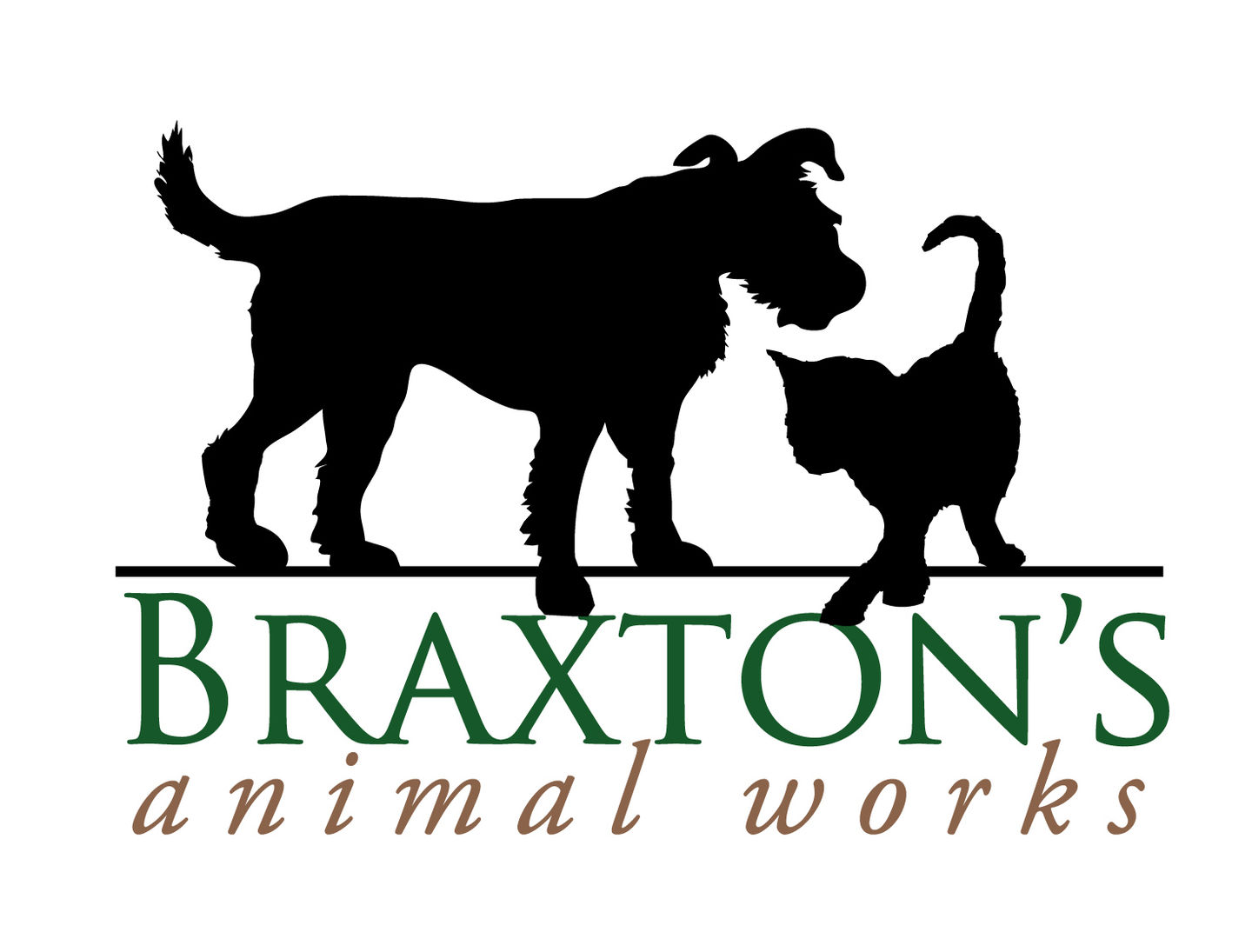As we roll into spring, many of us are excited to green up our homes with lush houseplants and vibrant garden selections. However, if you share your home with furry friends, it’s crucial to choose plants that are safe for them. Today, we’re here to help you navigate the botanical world so your pets can stay safe and happy.
Safe Houseplants for Pet Owners
If you're looking to spruce up your indoor spaces without compromising the health of your pets, consider these pet-friendly options:
- Spider Plant (Chlorophytum comosum) - These are not only easy to care for but also non-toxic to cats and dogs.
- Areca Palm (Dypsis lutescens) - Known for its feathery, arching fronds, this palm is a great choice for a safe indoor environment.
- Boston Fern (Nephrolepis exaltata) - Perfect for hanging baskets, this lush fern is safe for pets and adds a touch of wilderness to your home.
- Cast Iron Plant (Aspidistra elatior) - True to its name, this plant is nearly indestructible and completely safe for pets.
- Calathea (Calathea spp.) - With its striking leaf patterns, Calathea is a delightful addition to any pet-safe plant collection.





Unsafe Houseplants for Pet Owners
While many plants add beauty and life to our homes, some can be dangerous to our pets. Here are a few to avoid if you have curious critters around:
- Lilies (Lilium spp.) - Extremely toxic to cats, even in small amounts, can cause kidney failure.
- Sago Palm (Cycas revoluta) - All parts of this plant are poisonous to pets, but the seeds are the most toxic.
- Peace Lily (Spathiphyllum spp.) - While not true lilies, they can still cause irritation and discomfort if ingested.
- Aloe Vera - Although great for humans, it contains saponins and anthraquinones that are harmful to dogs and cats.
Note: In the pet industry, there are products containing Aloe Vera that are safe for pets when used as directed. These products often utilize the gel portion of the Aloe Vera plant, which is processed to remove aloin and other potentially harmful substances. The Aloe Vera in these pet products is included in concentrations deemed safe for topical use on pets, providing moisturizing and soothing benefits without the risks associated with the raw plant. - Pothos (Epipremnum aureum) - Very popular in homes but can cause significant irritation and swelling if ingested by pets.
Disclaimer: This is not an all inclusive list, this is just the top 5 most common house plants we want to make you aware of and their effect on your pets.





Warning Signs to Watch For
If your pet ingests a toxic plant, they may exhibit various symptoms depending on the plant and the amount ingested. Common signs of plant toxicity in pets include:
- Vomiting and Diarrhea: These are the most common signs and can occur shortly after ingestion.
- Drooling or Difficulty Swallowing: This can indicate oral irritation caused by a toxic plant.
- Lethargy or Weakness: If your pet is unusually tired or weak, it could be a sign of something more serious, like organ damage.
- Changes in Urination: Particularly with lilies in cats, any change in urination habits can be a red flag.
If you observe any of these symptoms in your pets, it's important to contact your veterinarian immediately. Keep a list of the plants you have in and around your home, as this information can be crucial in diagnosing and treating any potential poisoning.
If you need a emergency vet in case of an ingestion incident or any other emergency. We recommend VRC in Malvern they are located at 340 Lancaster Ave Malvern, PA 19355 and their phone number is 610.647.2950
Conclusion
By choosing the right plants for your home and garden, you can create a safe and beautiful environment for both your two-legged and four-legged family members. Always check if a plant is safe before bringing it into your home, and keep a watchful eye on your pets to ensure they stay healthy and happy.

